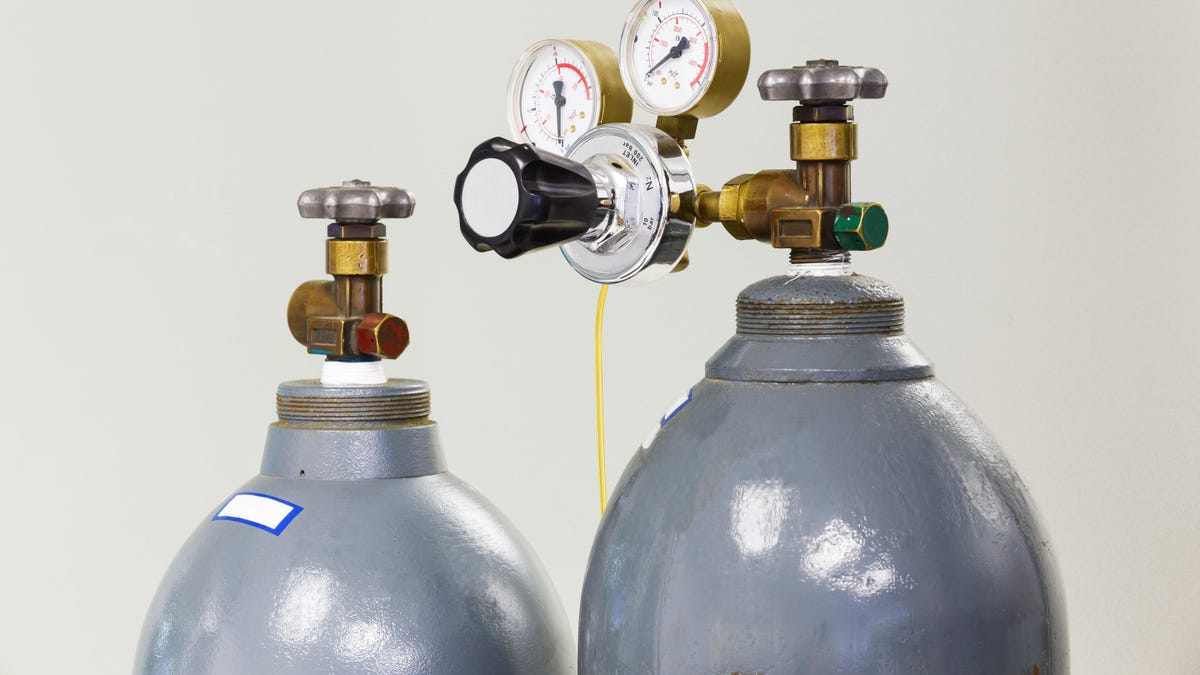A legal battle over how death row prisoners in Alabama can be killed has reached a critical point. On Wednesday, a federal judge ruled that the state can proceed with its planned execution of inmate Kenneth Eugene Smith using nitrogen gas. The execution is scheduled for later this month and would be the first ever to implement the colorless and odorless gas. But Smith’s lawyers have condemned the method as untested and potentially cruel and will likely appeal the decision.
Are You Rich Enough to Buy This Folding TV?
The background behind this case is lengthy. For years, states that still practice capital punishment have struggled to secure legally approved drugs key to the most commonly used method of execution, the lethal injection. Much of this shortage has been rooted in the refusal of European-based drug manufacturers to continue selling these ingredients for executions, either of their own accord or under legal threat by countries where the death penalty is no longer carried out.
Faced with this lack of supply, states have tried to find workarounds. Some have controversially mixed alternative ingredients into their lethal drug cocktails, particularly the sedative midazolam. The use of midazolam has been tied to numerous botched executions, with inmates appearing to suffer greatly before dying, possibly because it isn’t reliable enough to completely anesthetize prisoners to the effects of the other drugs.
In 2015, Oklahoma became the first state to authorize the potential use of nitrogen gas for its executions, with Alabama and Mississippi having followed suit. But no state has attempted to go forward with such an execution until now.
Alabama released its protocol for how it would carry out nitrogen gas executions last year, following three botched lethal injection executions in 2022—one of them involving Kenneth Eugene Smith. The method uses a respirator placed over a person’s mouth and nose to replace their breathable air with nitrogen, eventually causing them to die from a lack of oxygen. In August, the state requested the Alabama Supreme Court to allow the execution of Smith via nitrogen, and in November, the Supreme Court gave its blessing.
Smith and his lawyers subsequently filed for an injunction in federal court to stop his execution, planned for January 25. They argued that the state is using him as a test subject for an experimental execution method with too many unknowns that would violate the constitutional ban on cruel and unusual punishment for prisoners—a sentiment backed by some medical and death penalty experts. The state has argued that Smith’s execution would be humane, since he would likely pass out within seconds and die within minutes, based on data from rare but fatal industrial accidents. U.S. District Judge R. Austin Huffaker ultimately sided with prosecutors and rejected the injunction.
Smith’s lawyers will almost certainly try to appeal the decision, and it’s possible that the U.S. Supreme Court will eventually have to step in and issue a final verdict on the legality of nitrogen gas for execution. Prison officials in Oklahoma have also stated that they’re keeping a close eye on the situation and could move forward with nitrogen gas executions in the future as well.
According to the Associated Press, Smith was convicted for the 1988 murder of Elizabeth Sennett as part of a contract killing scheme by her preacher husband Charles Sennett (Charles died of suicide soon after police began to suspect him). Smith’s original 1989 conviction was overturned on appeal, but he was retried and convicted again in 1996. The jury at the time recommended he serve life in prison, but the judge overruled them and sentenced him to death instead—a practice no longer allowed in the state. Smith’s alleged accomplice in the murder was convicted and executed by the state in 2010.
